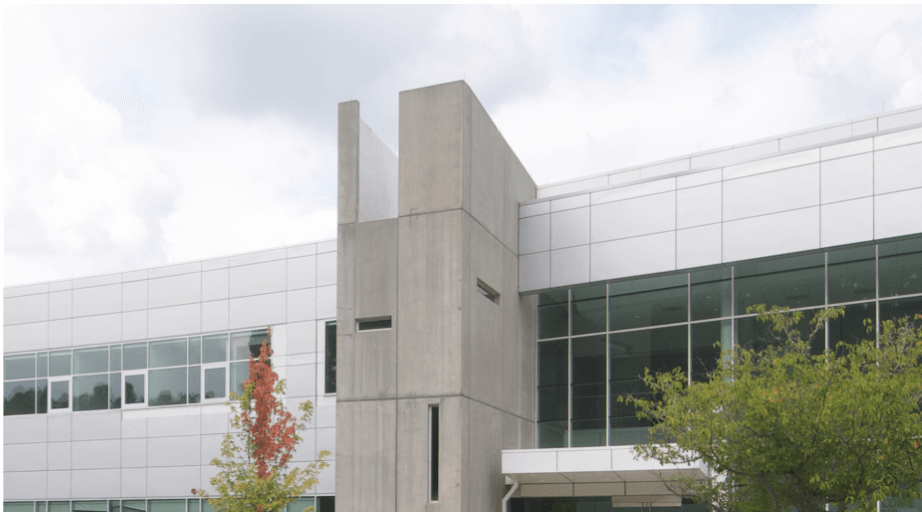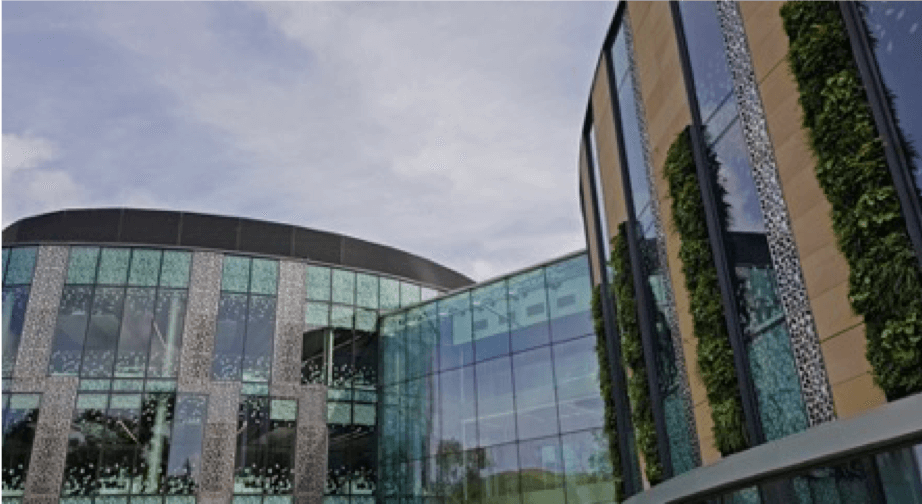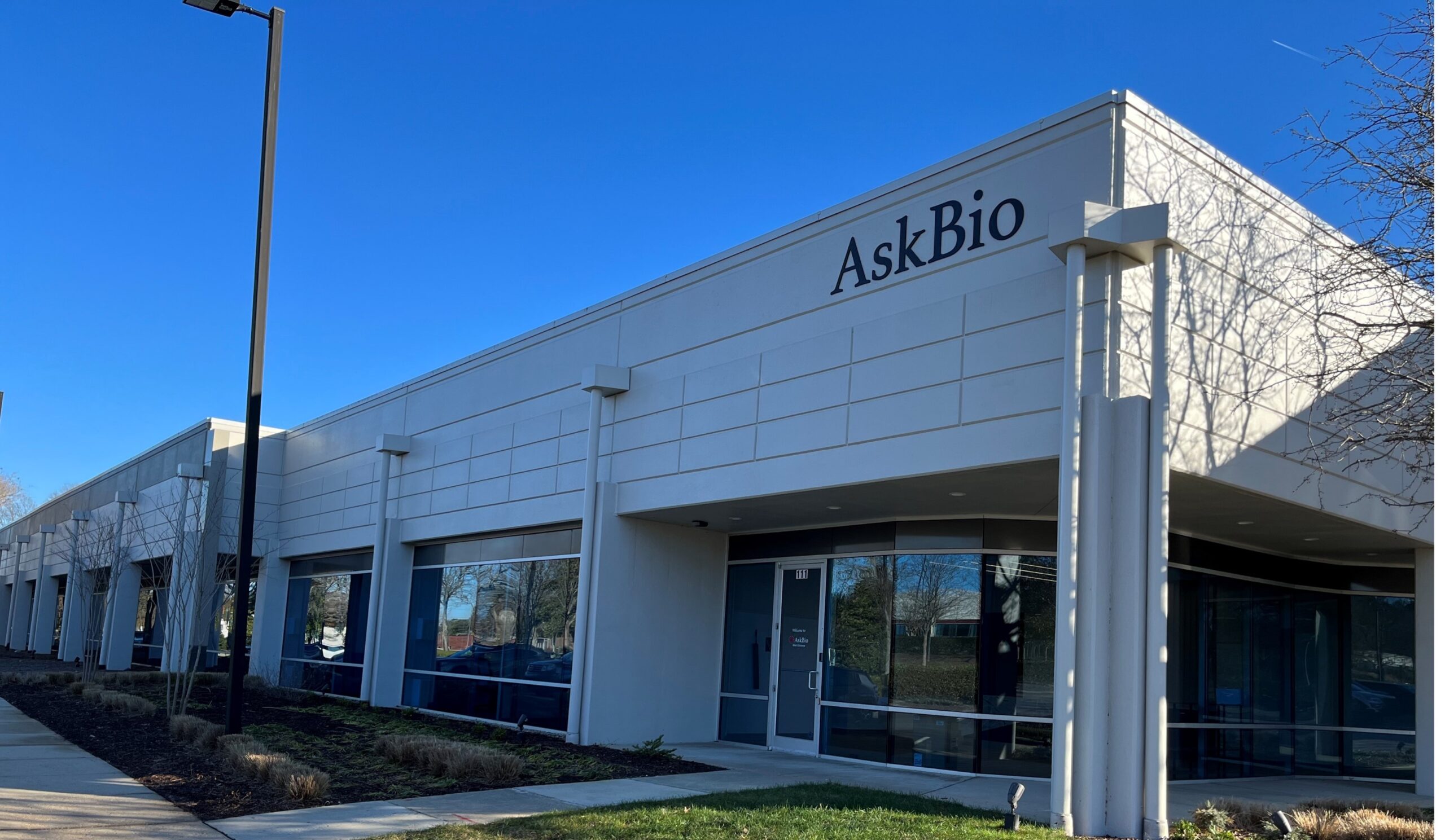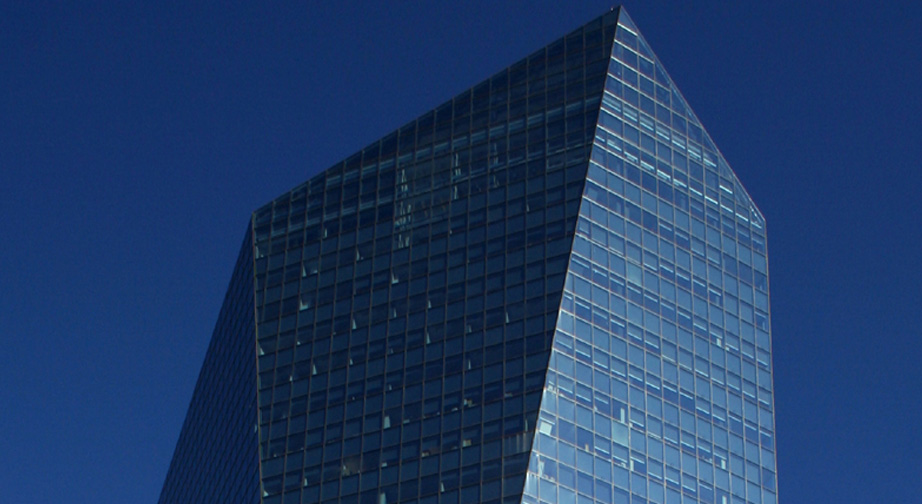Ask us anything
Offices and Research Facilities
Our corporate headquarters are in Research Triangle Park, North Carolina, and we have facilities in Philadelphia, Pennsylvania, Edinburgh, Scotland, Paris, France and Heidelberg, Germany.
Please send all written correspondence to:
Mailing Address
PO Box 12848
Durham, NC 27709

AskBio Headquarters
20 T.W. Alexander Drive
Suite 110
Research Triangle Park, NC 27709

AskBio UK
Roslin Innovation Centre
Easter Bush Campus
Edinburgh, Scotland EH25 9RG

AskBio Discovery 1
507 Airport Blvd, Suite 111
Morrisville, NC 27560
AskBio Arlington
2447 North Star Road
Upper Arlington, OH 43221

AskBio Philadelphia
2929 Arch Street
Floor 9, Suite 903
Philadelphia, PA 19104
AskBio France
47 Boulevard de l’Hôpital
75013 Paris, France
AskBio GmbH (Germany)
Am Taubenfeld 21/1
69123 Heidelberg, Germany
Manufacturing Facilities
TAAV Biomanufacturing
Parque Científico y Tecnológico de Gipuzkoa
Paseo Mikeletegi, 73 B
20009 San Sebastián, Spain
www.taav.com
Viralgen Vector Core
Paseo Mikeletegi, 83
20009 San Sebastián, Spain
www.viralgenvc.com
Viralgen Commercial Therapeutic
Paseo Mikeletegi, 8
20009 San Sebastián, Spain
www.viralgenvc.com
AskBio Inc. (AskBio), a gene therapy company wholly owned and independently operated as a subsidiary of Bayer AG, fully supports coordinated vulnerability disclosure and encourages security researchers who choose to engage in these actions to do so in a responsible manner. https://www.bayer.com/en/bayer-coordinated-vulnerability-disclosure-statement
We look forward to hearing from you
For questions about our pipeline or participating in a trial, please contact AskFirst@askbio.com.
For questions about partnering or a research collaboration, please contact info@askbio.com.
For media inquiries, please contact corpcommunications@askbio.com.

